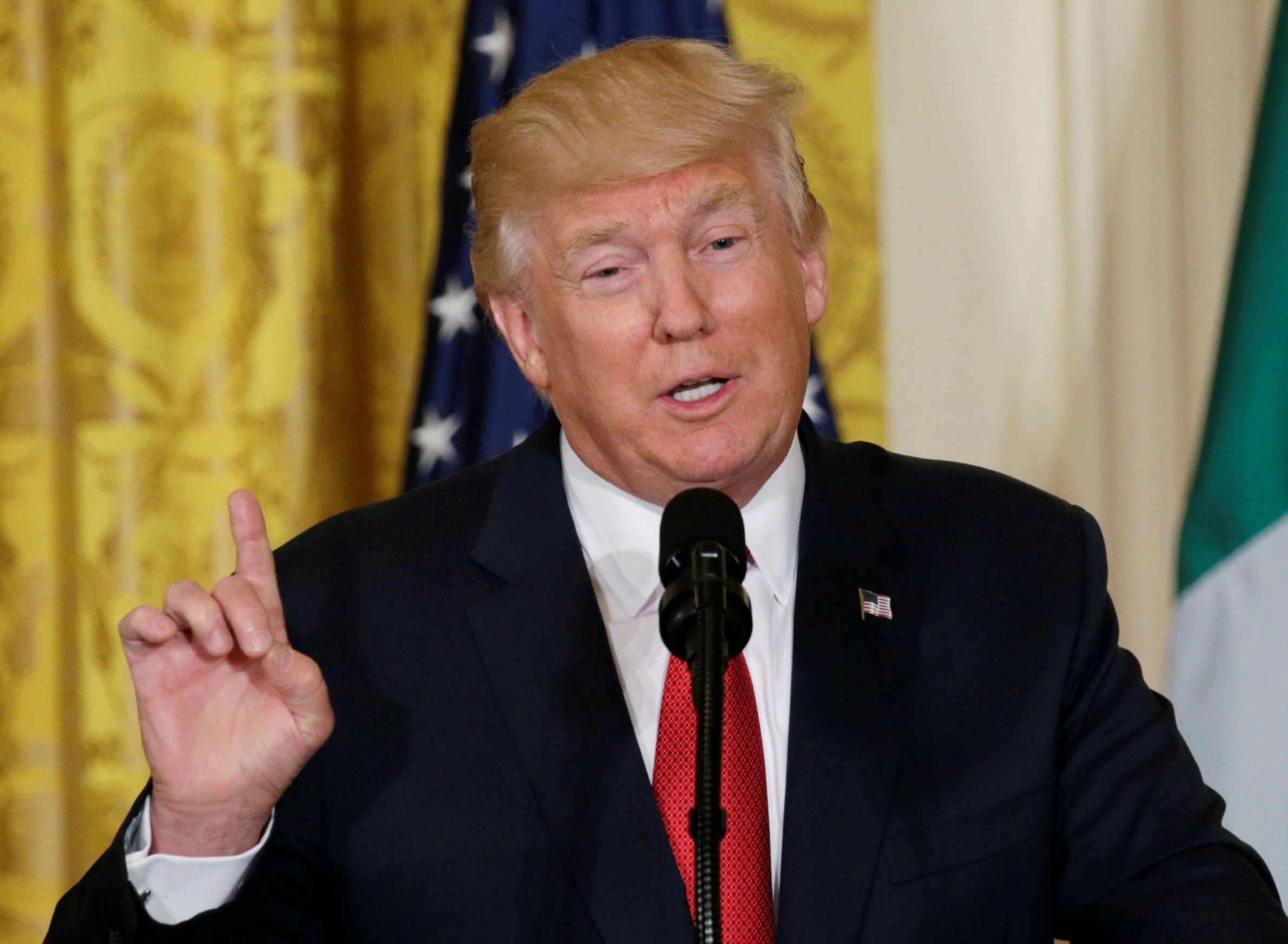
Facing a potential partial government shutdown later in the week, President Donald Trump has made an explicit threat to Democrats: fund his Mexican border wall with a new spending bill and back a bill to repeal and replace Obamacare or he will pull government payments that bring down health care costs for millions of Americans.
A study by the Kaiser Family Foundation released Tuesday shows the Republican's threat could cost the government $2.3 billion in 2018 and as much as $31 billion over the next 10 years.
As Trump himself has said, health care is "very complicated," and while the study does seem to get bogged down in many of the technical terms associated with Obamacare—as the former president's Affordable Care Act (ACA) is known—it essentially outlines how health care companies and insurers would react to a Trump decision to pull the government's funding.
Basically, under the ACA the government is on the hook for billions of dollars in cost-sharing reductions: payments made by the government to insurers to offset the cost of offering plans to those enrolled in the program's marketplaces at specific levels. This year the cost is $7 billion, and that jumps to $10 billion in 2018 and reaches $16 billion by 2027, according to the study.
Trump could completely pull the $10 billion from the new spending bill, which would save the federal government money in the short run. But, the ACA also calls for tax credits that are tied to the cost of health care premiums, and they are also linked to a household's income.
With government subsidies gone, those insurers that were still participating in the ACA's marketplaces would likely need to raise their premiums to offset the loss of the subsidies, and thus the tax credits would also jump, resulting in the study's cited $2.3 billion in increased federal costs next year alone—23 percent more than the $10 billion payout for 2018. The premiums themselves were also estimated to see a 19 percent bump.
That's all under the assumption that insurers would stay in the marketplace—and major companies including Aetna, UnitedHealth Group and Humana have already pulled themselves from many marketplaces around the country for next year and 2018, according to Reuters.
The Kaiser Foundation also said it believes the 23 percent increase could be an "underestimate."
Uncommon Knowledge
Newsweek is committed to challenging conventional wisdom and finding connections in the search for common ground.
Newsweek is committed to challenging conventional wisdom and finding connections in the search for common ground.
About the writer
General assignment reporter/writer covering politics, military, some sports and more. Previously at International Business Times as a breaking news and ... Read more
To read how Newsweek uses AI as a newsroom tool, Click here.








